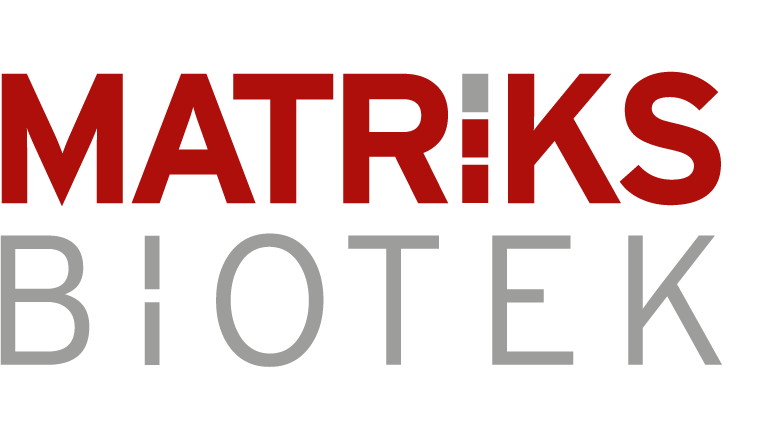Anti-Durvalumab antibodies, also referred to as antidrug antibodies (ADAs), are biomarkers that form in response to the therapeutic administration of durvalumab, a PD-L1 blocking monoclonal antibody. These antibodies can interfere with the drug’s intended mechanism of action—blocking PD-L1 to restore T-cell–mediated immune responses in tumor settings. Monitoring the presence of anti-Durvalumab antibodies is critical in clinical and research settings, as they can impact the pharmacokinetics, efficacy, and safety of the treatment.
In a clinical setting, detecting anti-Durvalumab antibodies can help identify patients at risk of reduced therapeutic response or increased risk of immune-related adverse events. The presence of ADAs may lead to altered drug clearance, diminished blockade of the PD-L1 pathway, or hypersensitivity reactions. For patients receiving durvalumab, particularly those with advanced or unresectable cancers such as NSCLC or urothelial carcinoma, ongoing assessment of ADA levels contributes to effective therapeutic drug monitoring and individualized treatment optimization.
From a research perspective, studying anti-Durvalumab antibody development enhances the understanding of immunogenicity in immune checkpoint inhibitors. It enables drug developers and clinicians to evaluate long-term durability of immune responses, improve biologic design, and reduce unwanted immune complications. Incorporating ADA analysis into early-phase trials is essential for characterizing safety profiles and guiding the development of more refined immunotherapies.
This product is manufactured in Turkey by Matriks Biotek.

